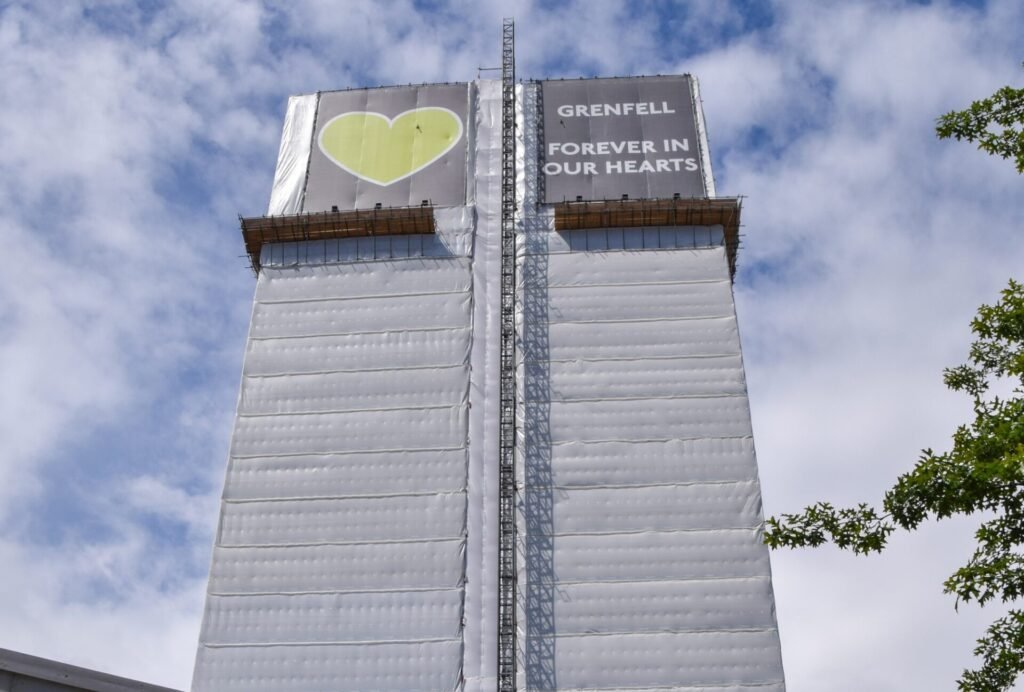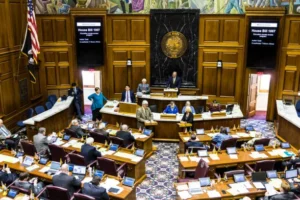A public investigation seven years after the devastating 72-person Grenfell Tower fire in West London has revealed a network of ineptitude and greed. The 1,671-page final study blamed Britain’s worst house fire since World War II on irresponsible deregulation, dishonest manufacturers, and local government cost-cutting.
According to the investigation, the Royal Borough of Kensington and Chelsea collaborated with contractors installing cheap, flammable siding on Grenfell Tower to save costs. On June 14, 2017, this cladding, bought from vendors who knew its risks, turned the building into a death trap. The American supplier of the cladding, Arconic, came under heavy criticism. The study revealed that Arconic “deliberately concealed the true extent of the danger” presented by their product, underscoring a more significant problem of corporate malfeasance.
The Grenfell Tower fire investigation also chastised the UK government for prioritizing deregulation over public safety. Despite prior fire occurrences, the Department for Communities and Local Government faced criticism for disobeying warnings on the dangers of combustible cladding. The investigation emphasized that a culture of duty-shifting and cost-cutting played a significant role in the catastrophe.
The report further identified a “chronic lack of effective management and leadership” within the London Fire Brigade (LFB). It criticized the LFB for failing to learn from the 2009 Lakanal House fire, maintaining its outdated “stay put” policy for people inside burning buildings without preparation for future emergencies.
The study represents a turning point in the continuous pursuit of justice, as several victims’ relatives call for accountability. Calls for criminal proceedings have increased in response to the Grenfell Tower fire inquiry, although it is not anticipated that these will start until 2027. The report’s conclusions highlight the disastrous effects of prioritizing business over safety and serve as a sobering reminder of the necessity of strict laws and corporate accountability.









